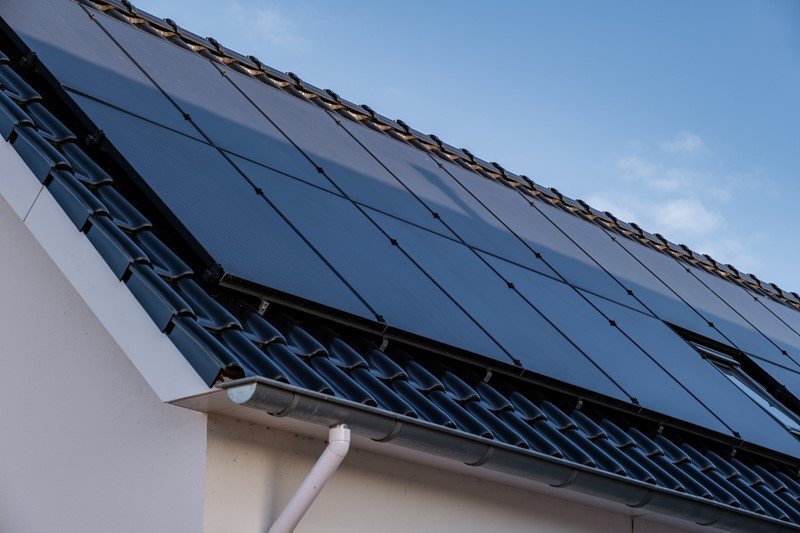Homes and businesses will be able to install rooftop solar panels more easily, under new rules that were recently announced.
Changes to permitted development rights rules will mean more homeowners and businesses will be able to install solar panels on their roofs without going through the planning system.
Currently those who have to go through the planning system are having to wait over eight weeks and face extra costs.
The move will encourage more people to install solar panels on their properties, slashing their energy bills in the process and cutting down on harmful emissions.
Energy Security and Net Zero Minister Graham Stuart MP said:
“… we are cutting through red tape to make it easier for businesses to install solar panels on their rooftops.
Removing the 1MW restriction for industrial rooftop solar will help us meet our target of 70GW of solar power by 2035 while supporting hundreds of long-term skilled British jobs, bolstering our world-leading renewables sector and reducing bills for consumers with panels.”
The changes will mean homes with flat roofs will be able to install panels without planning permission, bringing rules in line with those for businesses.
Current rules that require businesses to apply for planning permission if solar panels will generate more than one megawatt of electricity will also be scrapped, meaning organisations will be able to install more solar panels on rooftops without the delay and cost of applying for planning permission.
The Government is clear that where possible already developed land should be used for solar panels, which is why the changes will make it easier for panels to be installed in canopies above car parks, if they are over ten meters away from people’s homes.
These measures also support ambitions set out in the British Energy Security Strategy published by government last year – taking the necessary steps to combat climate change and bring greenhouse gas emissions to net zero by 2050.
